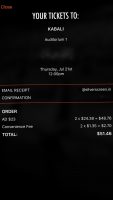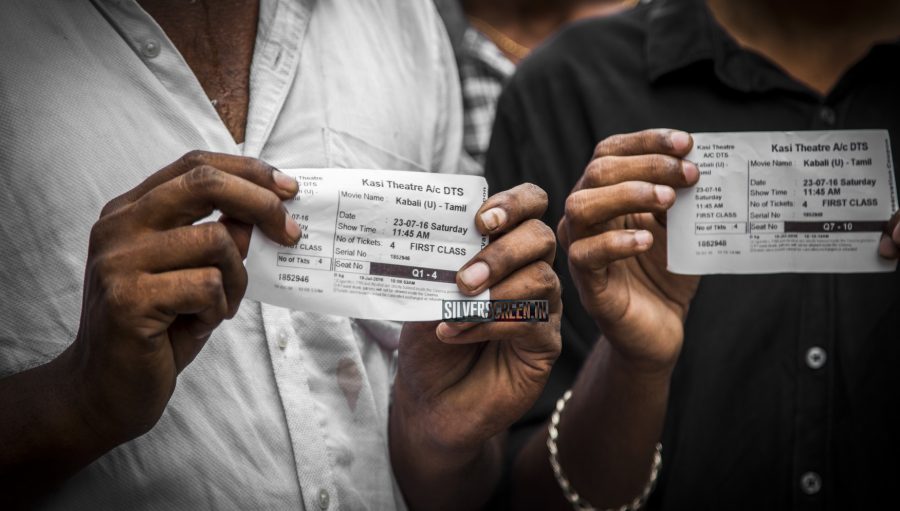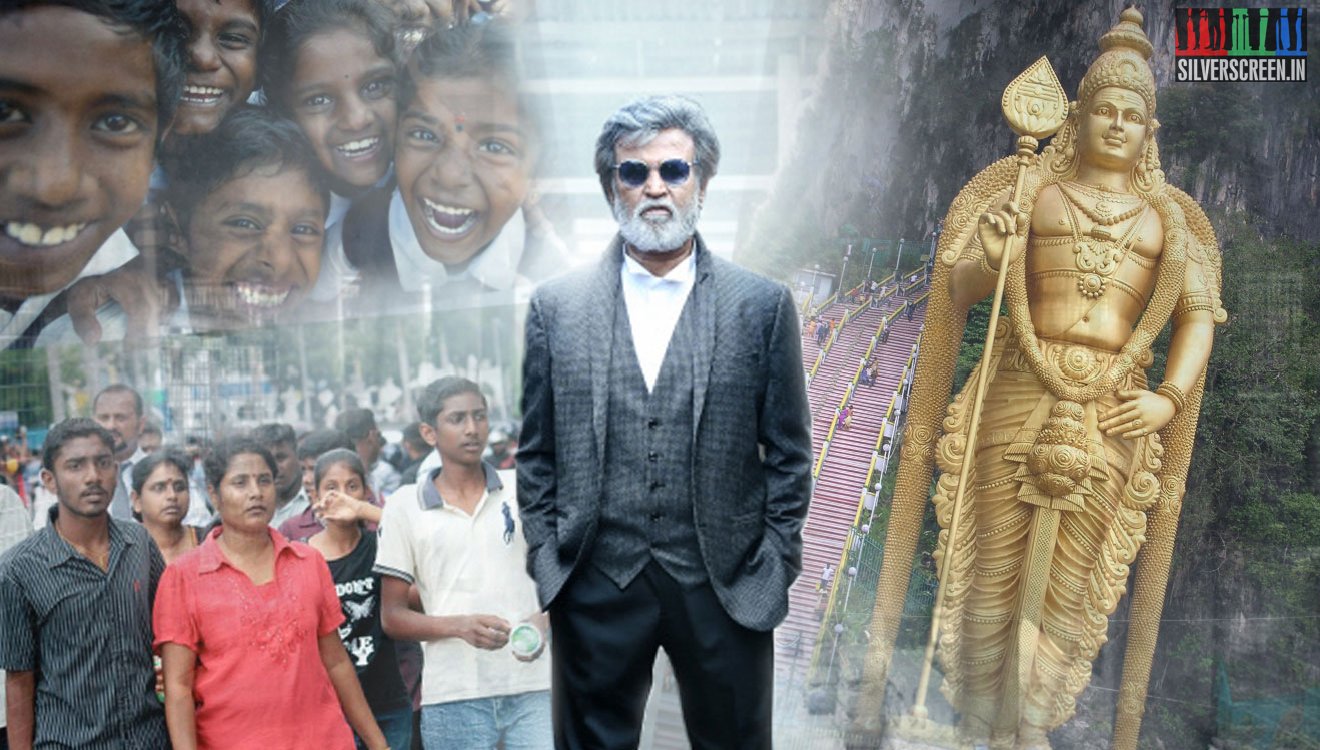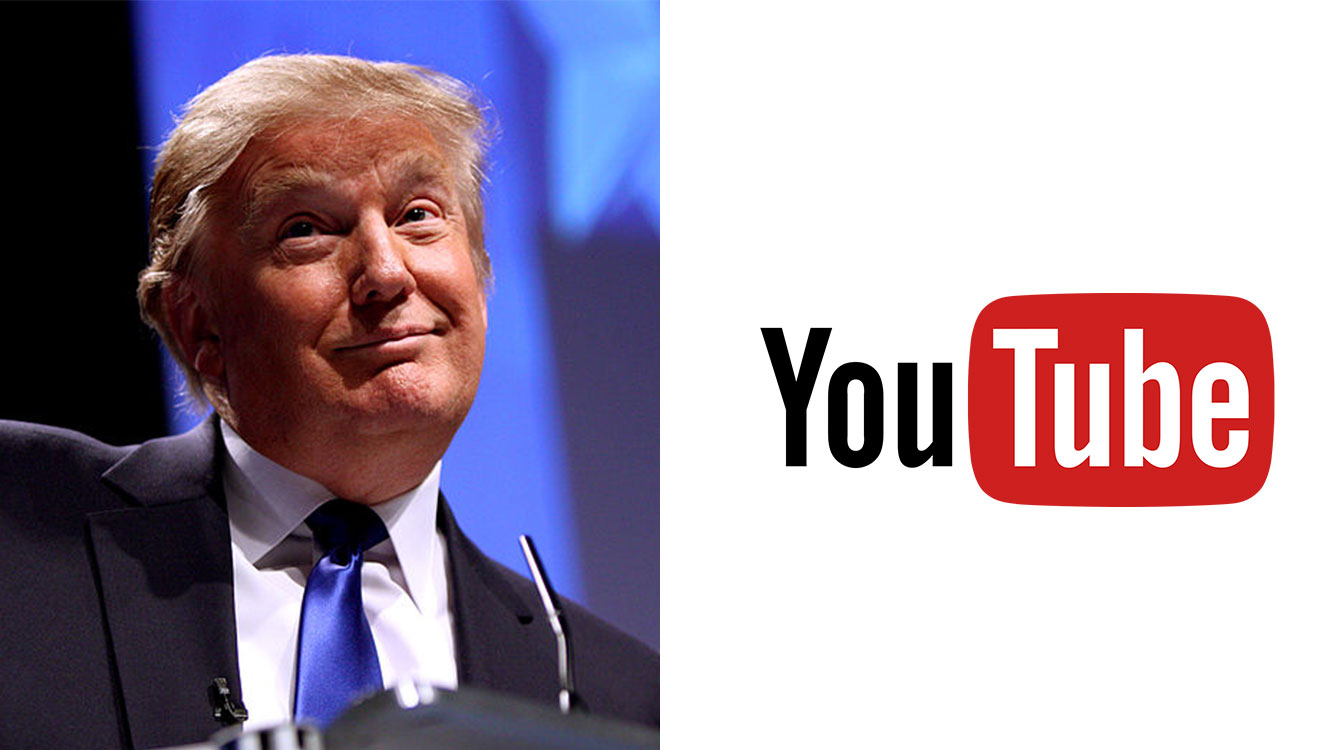Several single-screen theaters in Chennai are charging between Rs. 250 and Rs. 1500 for tickets to the first few days of Rajinikanth’s upcoming Kabali, in violation of a Tamil Nadu Government law that caps movie ticket prices at Rs. 120 in the state. There was a police presence at many theatres where tickets were being sold at inflated prices, but the policemen were content to control the crowds vying for tickets.
Tickets for the first two days at these theatres are sold only at the counter, and are cash-only. The tickets do not have a price printed on them, which is also against the law. Some theatres use agents to sell tickets outside their premises for inflated prices, and others will only sell “combo-tickets,” at inflated prices that include a soft drink and a snack.
This is not an unusual phenomenon in the state. First day tickets for most films of big stars are sold for prices far higher than than the maximum permitted by the Government.
In March 2016, the Madras High Court directed the Tamil Nadu State Government to form a special team to monitor the collection of excess admission fee by cinema theaters in response to a petition by a Chennai resident, G Devarajan. In its order, the court also asked the Government to set up a phone line for receiving complaints about overpricing by theaters. Last week, Devarajan again approached the High Court to seek an order staying the release of Kabali and action against its producer Kalaipuli S Thanu because theaters were charging higher than permitted advance booking rates. The court dismissed his petition on the grounds that he had not given enough time for the “authorities concerned to take action.” [1]
The demand for tickets in single-screen theaters is higher during the first week because most tickets for multiplexes in Chennai are booked in bulk by corporate entities and other celebrities even before they open reservations to the public. Several theatres opened their booking counters only for shows starting on the second day, saying that previous shows were already sold out. The website of SPI Cinemas – which owns several multiplexes in the city – showed that almost all the seats for the first few days were sold out as soon as onlline pre-booking sales were opened last Friday.
Also read: KABALI LIKELY TO BE DELAYED IN CHENGALPET: HERE IS WHY
Sources who wish to remain anonymous add that the production company and several distributors themselves have blocked tickets for the first day shows in many major theatres. A student waiting in line to buy a ticket for Rs.300 at a suburban theatre in Chennai said, “I tried booking tickets at a multiplex when they opened their reservations. But as always, all shows were already sold out when they opened. The whole reservation system is an eyewash. When there are no tickets anywhere, we don’t have a choice but to buy tickets at theatres closer to home, even if they are priced higher.”
Among movie-goers in Chennai, there is acceptance of this reality. As we leave a local theatre, a Auto rickshaw driver with a Rajinikanth sticker on his rickshaw asks us about the ticket prices. He sighs at our answer and shrugs his shoulders, “Appo 2-3 naal apram dhan naan paaka mudiyum,” he says. (”I’ll have to wait a few days then.”) Some fans joked that they would need an installment plan to buy tickets to Kabali.
Most instances of overpricing happen in theatres outside the Chennai city limits. Theaters in the city fall under the ambit of the Chennai City Theatre Owner’s Association, and these theatres usually abide by Government mandated maximums. Some try to circumvent the problem by selling a snack along with the ticket for a high price.
Also read: KABALI HIT WITH LAWSUIT OVER INSENSITIVE LYRICS
Theatre owners are not the only ones to blame for the overpricing. Big budget movies – such as Kabali and Vijay’s Theri – often require theatre owners to pay a “minimum-guarantee” amount to the producers of the movie whether the movie does well at the box-office or not. Theater owners say that they have to compensate for this by selling tickets at high prices, it is not economically viable for them otherwise. The problem however can be traced back to the law that mandates an arbitrary maximum on tickets, that does not account for production costs of a movie. The Rs. 120 maximum was imposed in 2009, and has not been revised since. Movies make the bulk of their box office revenue in the first two weeks of release, and producers, distributors and exhibitors try to make as much money in the first two weeks after release as they can.

The price-inflation is not limited to Tamil Nadu. In the USA, tickets for Kabali are priced at $25, compared to $15 for Theri earlier this year. Tickets for Irrfan Khan’s Madaar are priced at just $8.50. In the UK’s Odeon theatre, tickets are £12 (compared to £6.59 for Theri). Across the world, most movie theatres are charging a premium for Kabali. So are theatres in Tamil Nadu, even thought it is not legal in the state.



